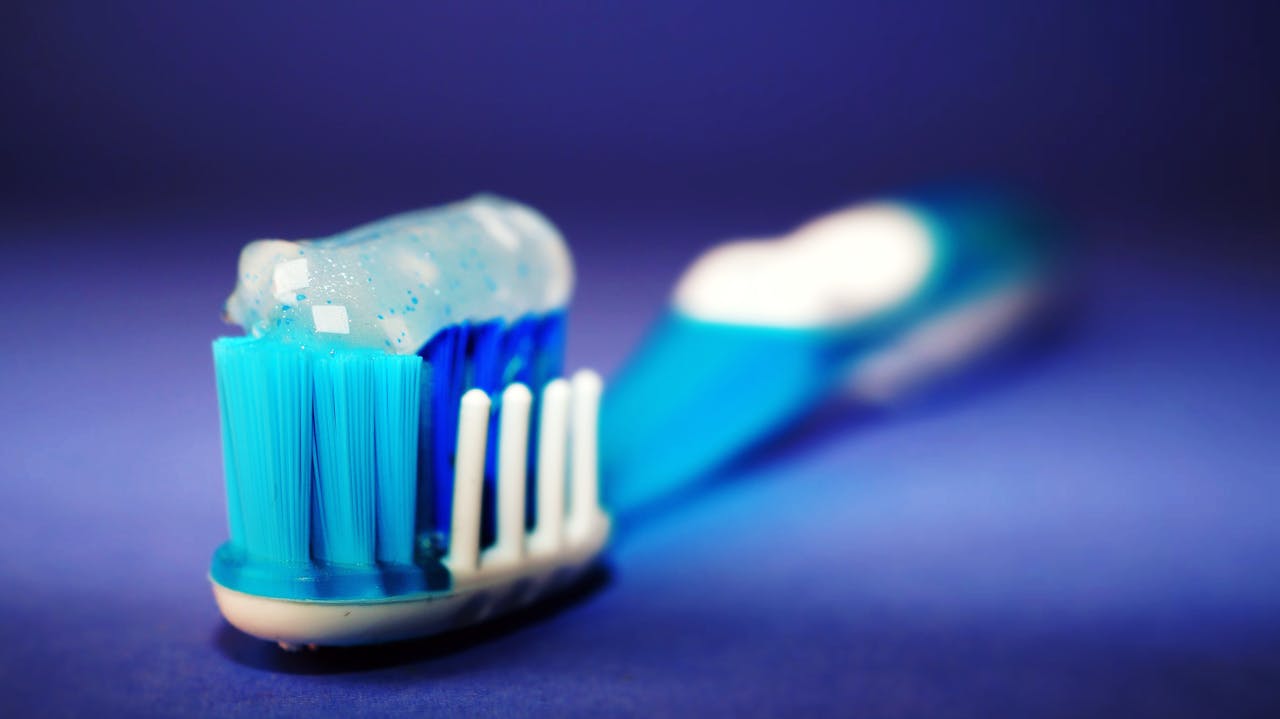It’s a challenging time for oral health in the UK. Access to NHS dentists is getting more limited and it’s increasingly common for people to have to take time off work with dental problems as a result.
Of course, it’s always been the sensible option to take the most care possible when looking after your teeth at home, to keep yourself in the best health, but that’s only more important now that you might find it difficult to get treatment or a check-up. Below, we’ll explore the most frequently encountered dental issues and ways in which you can work to prevent them.
The dental problems you’re most likely to encounter
- Toothache: Few kinds of pain are as nasty as toothache. If this lasts for more than a couple of days, there’s not really any option other than to see a dentist as quickly as possible; you may need to consider trying to book a private appointment if you can’t see an NHS dentist.
- Chipped tooth: It’s not at all unusual to chip a tooth – all manner of accidents can cause this to happen, even something as small as chewing food with anything hard in it, like popcorn. You’ll likely need to get this treated, whether through polishing for a small chip or a crown for more major damage.
- Cavities: These tiny holes in your teeth can be opened up by decay from build-ups of plaque. They’re the most common consequence of poor oral health.
- Gum disease: If you notice bleeding from your gums when you brush your teeth or feel pain or swelling, you likely have some form of gum disease that requires treatment. It can also present through bad breath, which is experienced by many adults.
- Grinding teeth (bruxism): You might find yourself grinding or clenching your teeth involuntarily, particularly at night. It can lead to headaches and other pain and should be treated before it leads to more serious damage.
Cavity and gum-disease prevention
Maintaining a robust tooth-care routine is the single most important thing you can do to reduce the risk of any of these common dental problems befalling you. Your starting point should be to brush thoroughly for at least two minutes twice per day, while flossing is an important additional step to catch the parts of your mouth that your regular toothbrush can’t miss. You could explore modern innovations like water flossers as ways to make this easier and more reliably effective.
You can also mitigate risks to your oral health by keeping a closer eye on your diet. Foods high in sugar and starch are more likely to accelerate tooth decay so limiting your consumption of such things can be a meaningful step towards protecting your health.

